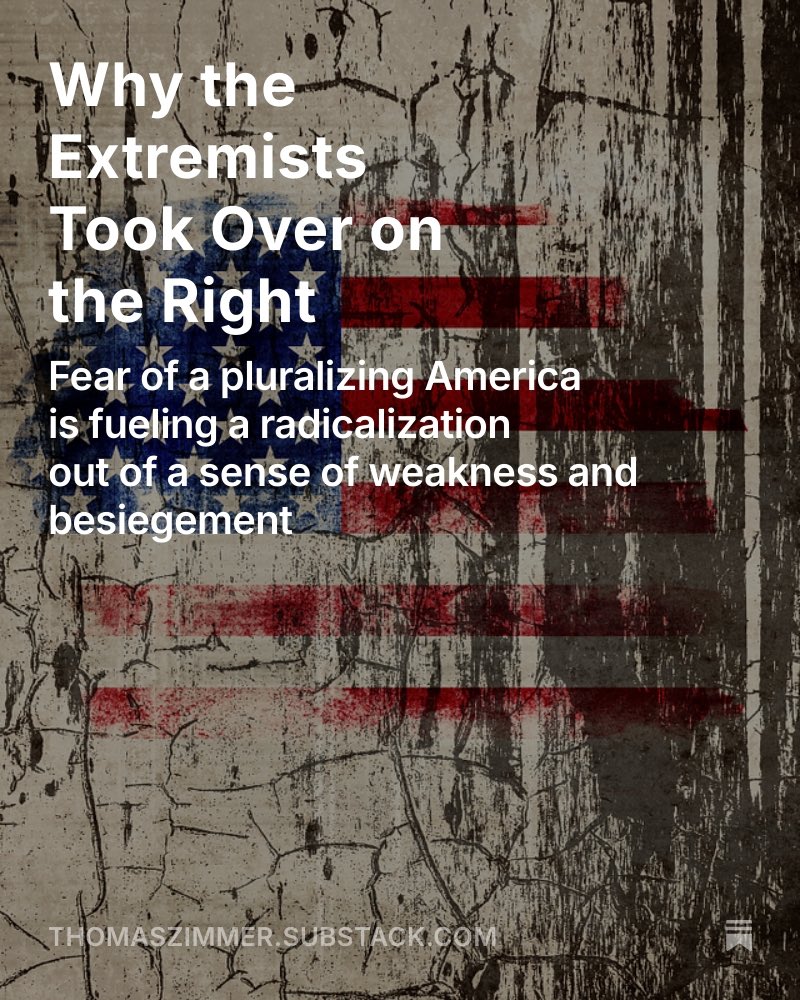Bret Stephens. After lending credence to racist ideas about Jews promoted by white supremacist “race science” last week, he casually perpetuates the myth of the “clean” Wehrmacht by referring to Erwin Rommel as a “worthy adversary” in his latest column./1
https://twitter.com/waitmanb/status/1213562547133206534
As @DavidAstinWalsh points out in this great thread, it takes quite the mixture of laziness and ignorance to not know and understand how thoroughly debunked this myth of the honorable and respectable German fighting force is – and has been for decades./2
https://twitter.com/DavidAstinWalsh/status/1213553463105335301?s=20
@DavidAstinWalsh I’m also struck by the ways in which Stephens evokes Nazism and the Second WW. Think back to August, when he equated someone mocking him on Twitter with Goebbels, and the criticism he received with the dehumanization of Jews as prelude to genocide./3
https://twitter.com/tzimmer_history/status/1167604761576837120?s=20
@DavidAstinWalsh It’s not only uninformed – it’s also entirely opportunistic and in bad faith. Not only does he not have a firm grasp of what he’s talking about, he also clearly doesn’t care. In his columns, history – even that of genocide and total war – is just a convenient prop./4
@DavidAstinWalsh There’s never any deeper reflection inspired by the past to be found, no honest questioning of the present derived from past example. Stephens obviously thinks citing the past makes him sound educated, and evoking Nazism is supposed to give weight to his nonsense. That’s it./5
@DavidAstinWalsh At this point, it’s simply disgraceful for the NYT to hold on to this man. I also want to mention, again, how unconscionable it is for Germany’s leading weekly magazine @DIEZEIT to provide Stephens with an additional platform./6
@DavidAstinWalsh @DIEZEIT I have harped on this in earlier threads – before (
https://twitter.com/tzimmer_history/status/1166738500919713792?s=20) and then again right after the #bedbug debacle./7
https://twitter.com/tzimmer_history/status/1167826562978340864?s=20
@DavidAstinWalsh @DIEZEIT It shows how much harm the NYT is causing by championing Stephens, and not just to the political discourse in America. Internationally, Stephens is just known/presented as an acclaimed “NYT columnist,” which guarantees a huge audience. What a joke. /end
• • •
Missing some Tweet in this thread? You can try to
force a refresh






